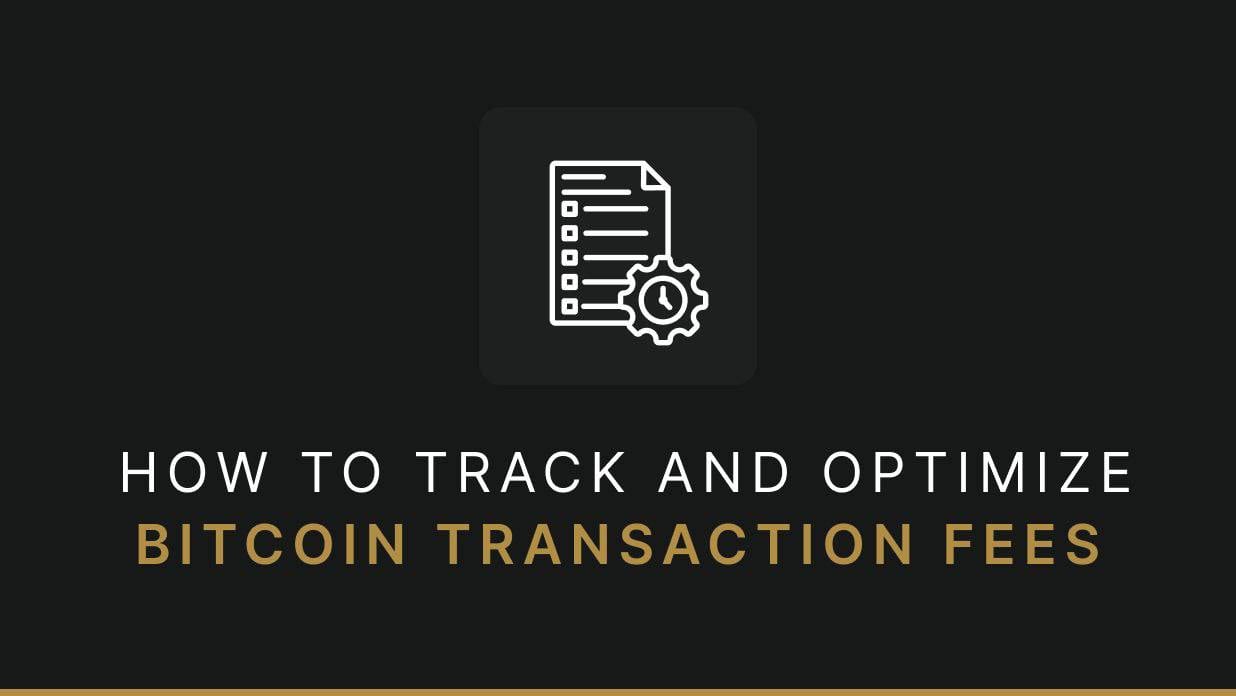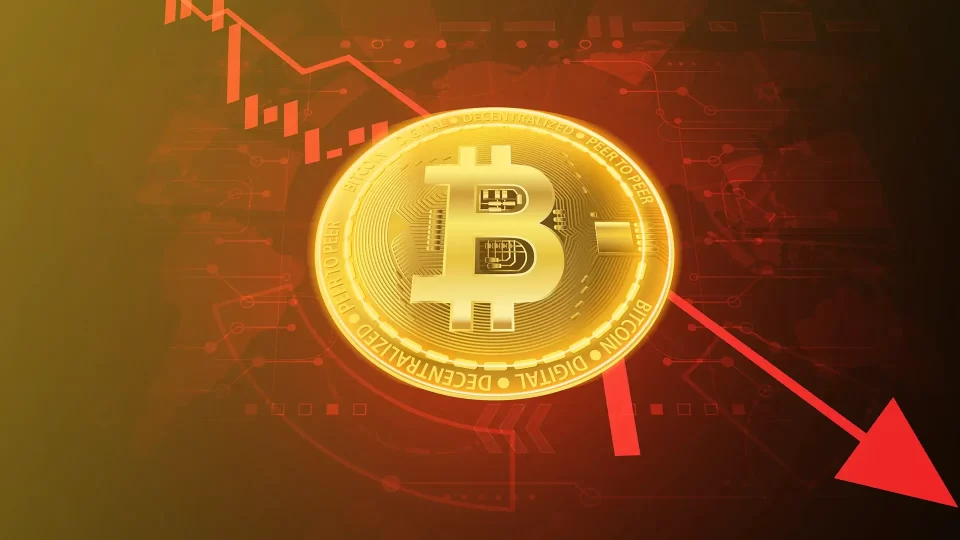How to track and optimize Bitcoin transaction fees
Bitcoin fees incentivize miners and speed confirmations, but costs can spike during market congestion.
Table of Contents
- How are Bitcoin transaction fees calculated?
- Factors affecting Bitcoin transaction fees
- How to track and optimize Bitcoin transaction fees
- Bitcoin fees range from cents to triple digits in busy times.
- Average BTC fee is $0.87, down from $4.88 a year ago; spikes hit $7.68 in 2024.
- ForumPay helps businesses integrate crypto payments with real-time fee tracking.

Bitcoin transaction fees are a core part of how the Bitcoin network operates. These fees primarily serve as an incentive for miners to process transactions promptly, adding them to the current or next block to confirm the transfer.
Fees were described in Bitcoin’s original White Paper as a way to keep the system competitive and to prioritize transactions during periods of congestion — users who attach higher fees tend to be confirmed more quickly. Historically, average fees range between $0.50 and $2.50, but they can jump into double or even triple figures when the market is particularly active or when someone’s rushing a crypto payment.
In this article, we’ll look at how Bitcoin transaction fees are calculated, the factors that affect them, and practical ways to track and optimize Bitcoin transaction fees.
How are Bitcoin transaction fees calculated?
Bitcoin transaction fees are an integral part of the blockchain ecosystem. As mentioned above, they’re influenced mainly by two factors: the size of the transaction data and demand for block space. Larger transactions, measured in virtual bytes (vBytes), consume more block space and therefore incur higher fees (a block can hold up to 4 MB of data). Likewise, when demand for block space rises, the cost to process each transaction increases. When sending BTC from a Bitcoin wallet, users can select a fee rate, calculated in sats/vByte (satoshis per vByte).
To calculate the transaction fee, multiply the fee rate (sats/vByte — the number of satoshis paid per vByte of data) by the transaction’s size. For example, if the fee rate is 50 satoshis per vByte and the transaction size is 200 vBytes, the total fee would be 10,000 satoshis. A satoshi is the smallest unit of Bitcoin, equal to 0.00000001 BTC. Using that example, on the day of writing, with Bitcoin at approximately $116,854 per BTC, 10,000 satoshis (0.0001 BTC) are valued at around $11.66.
Factors affecting Bitcoin transaction fees
Two primary factors drive fees: network congestion and transaction size. Network congestion occurs when pending transactions exceed the available block space; as a result, fees rise as users compete for faster confirmation. Surges in activity — market moves, high trading volumes, or major events — often trigger higher fees. During quieter periods, demand for block space drops and fees typically decrease, letting users send a crypto payment at a lower cost.
Transaction size also matters. It depends on the number of inputs and outputs — Bitcoin being spent are inputs, while destination addresses are outputs. Larger transactions take up more room in a block and, therefore, require higher fees to be prioritized by miners. Users can optimize by consolidating smaller inputs, using SegWit (Segregated Witness) addresses, or timing transactions when traffic is low. Since miners select transactions based on profitability, offering a more competitive fee helps ensure faster confirmation.
How to track and optimize Bitcoin transaction fees
Checking fees before sending is essential. Going in blind can eat into a balance and slow confirmations. Fortunately, several tools provide real-time data so users can estimate costs before making a crypto payment: Mempool.space offers graphs and visuals on the network’s current state, including unconfirmed transactions and recommended fees by speed target. BitcoinFees.net provides a straightforward estimator with suggested fees based on live conditions.
According to YCharts, at the time of writing, the average Bitcoin transaction fee is $0.87, down from $4.88 on the same day last year. By comparison, on August 22, 2024, average fees surged by over 900% — from $0.74 to $7.68 in a single day — due to increased demand. A pseudonymous Bitcoin developer known as Mononaut reported a case where one user paid 0.5 BTC in fees to consolidate 0.55 BTC, a reminder always to check fees to avoid costly surprises.
For more on crypto trends or to learn how to integrate crypto payments into a business workflow via a crypto payment gateway, visit the ForumPay official website, or get in touch with the sales team to discuss any questions.
Disclaimer: The content of this article solely reflects the author's opinion and does not represent the platform in any capacity. This article is not intended to serve as a reference for making investment decisions.
You may also like
How to catch market manipulation in altcoins before they crash
Bitcoin 'bull run is over,' traders say, with 50% BTC price crash warning
Price predictions 10/17: BTC, ETH, BNB, XRP, SOL, DOGE, ADA, HYPE, LINK, XLM
Bitcoin Falls as Short Sellers Step In

